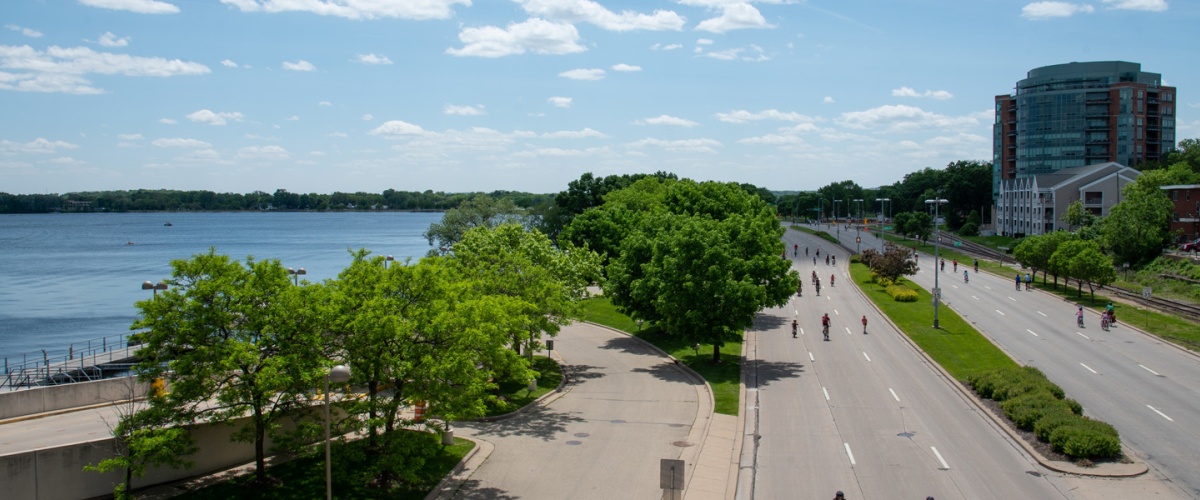
Lead Service Replacement Program in Home Stretch
Model Program is Over 80% Complete
Madison-Madison Water Utility's unique Lead Service Replacement Program, cited by EPA and the American Water Works Association as a model example for other utilities across the country, passed the 80% completion mark in 2006 according to an annual report submitted today to the Wisconsin Department of Natural Resources (WDNR). The program's progress puts the City on schedule to complete the replacement project by the January 2011 deadline. "This is the most extensive lead service replacement program in the country, and it is on time and on budget," said Mayor Dave Cieslewicz. "It's an example of how well the Water Utility can function, and I look forward to this same level of success with regard to other challenges the utility faces." The Utility and the WDNR entered into a consent agreement in 2001 requiring replacement of all lead service lines in the City by the end of 2010. At the time, the Utility estimated approximately 6,000 Utility lead service lines remaining in the City and approximately 5,000 customer-owned lead service pipes. (The Utility owns water service lines from the water main in the street to the private property line; customers own the water service from the property line into their home or business.) According to the report submitted today 5,107 (85%) of Utility lead service lines had been replaced or abandoned, and 4,106 (82%) of customer lead service lines had been replaced by the end of last year. "Our employees have made this program a success for Madison and a model for the rest of the country," said Water Utility General Manager David Denig-Chakroff. "The cooperation we have received from our customers and area plumbers has been outstanding. The success of this program is the result of all the stakeholders working together to do what is right for the community." A Unique Approach Pays Off Studies and testing conducted by the Utility at the time found that of the standard water treatment options, only one (orthophosphate) proved to adequately lower lead levels in Madison tap water. When added to drinking water, however, that chemical would have significantly increased the cost of wastewater treatment while having a detrimental impact on area lakes. In recent years, some U.S. cities - Washington, DC for example - that had been chemically treating drinking water to control lead levels have discovered undesirable and unintended consequences of that treatment. Madison's approach, arrived at by working closely with state and federal regulators, is to replace all remaining lead service lines (the source of lead in the drinking water), a more effective, more environmentally friendly, and less costly option than chemical treatment. The cost of chemical treatment would have been borne by all water customers while the environmental impacts would have affected the community as a whole. Instead, the cost of lead replacement is being shared jointly by the Utility and those customers whose lines are being replaced. Following the directive of the Common Council in 2000, MWU is reimbursing customers for half of the replacement cost, not to exceed $1,000. Since the inception of the program, City utility funds have reimbursed customers more than $3 million. More information about the Utility's Lead Service Replacement Program can be found on its website at: http://www.cityofmadison.com/water/plansLead.cfm
